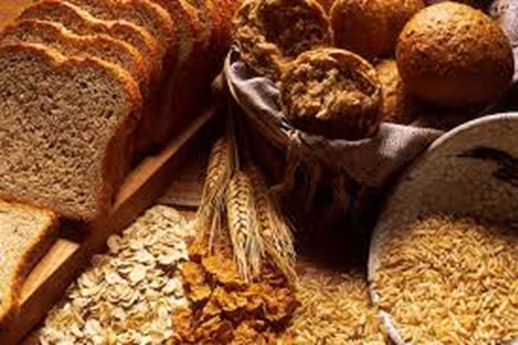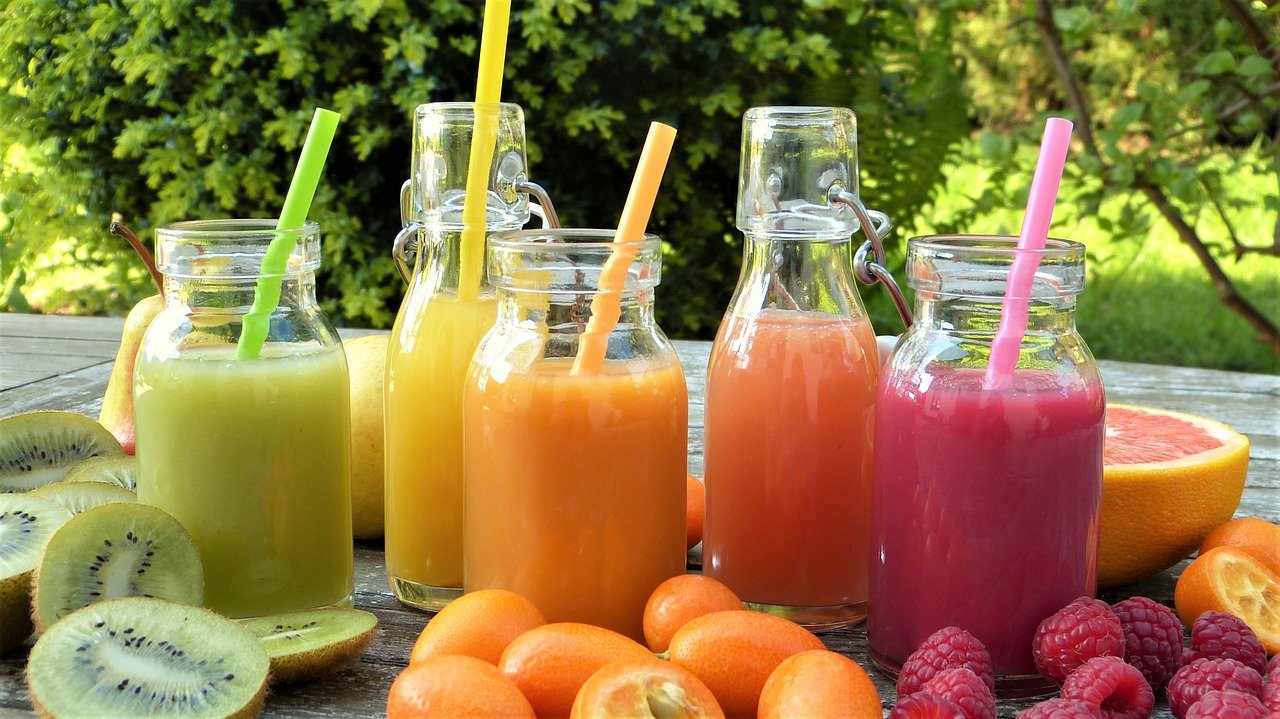Tips for Sugar Regulation








Protein and Carbohydrate
The way we eat carbohydrates and protein can play a key role in our blood sugar regulation. Problems with blood sugar regulation is a key driver of inflammation in the body. Inflammation can exacerbate symptoms associated with hormone conditions, joint pain, stress, anxiety, and fatigue. Learning to balance your carbohydrate and protein intake is essential for optimal health.
Carbohydrates: Carbohydrate foods are any foods that break down into sugar once digested. Carbohydrate foods include fruits, vegetables, grains, fruit juice, dried fruit, alcohol, biscuits, cakes, honey, lollies, date balls, muesli bars, cereals, rice crackers, rice, sweets and foods containing sugar.
Protein Foods include: Red meat, chicken, turkey, fish, seafood, nuts, seeds, and eggs. Some foods are a mix of carbohydrates and protein. These include legumes, chickpeas, lentils, kidney beans, etc, and dairy products including cheese.
Guide to Sugar Regulation
Eating only carbohydrate foods can overwhelm the body with sugar. It can surge our blood sugar are impact our ability to uptake sugar into cells where we use it to produce energy. This will result in us being tired and craving carbohydrates. Sugar not taken into cells stays in the blood causing inflammation and exacerbating a variety of health conditions. Balancing protein and carbohydrate in your diet throughout the day is crucial in maintaining healthy sugar regulation. Healthy sugar regulation improves energy and assists in the management of a variety of other health issues.
RULES FOR HEALTHY SUGAR REGULATION
1. The base of your diet should be protein with vegetables. Each snack and each meal should contain protein. Combining protein with carbohydrate foods will slow the sugar releasing into your system so you are more likely to uptake the sugar into your cells.
2. Initially you are advised to restrict carbs that release a lot of sugar including grains, breads, biscuits, pasta, rice, fruit, fruit juice, dried fruit, fruit juices. Be aware when you do this you are likely to experience sugar withdrawal (usually day 3) however if you can make it through, you always feel better on the other side. Most patients will notice an immediate increase in energy and feeling of wellbeing once they are out of the sugar cycle.
4. Eat in moderation vegetables that release a lot of sugar such as beetroot, carrot, and potato, and always combine these carbs with protein. It is ok to include these foods however be aware they do release sugar and need to be consumed in moderation and balanced with protein.
5. Eat three meals and two between-meal snacks that all contain protein. Ideally to retrain healthy metabolism small regular meals are best. In order to do this, you are recommended to cook extra serves of meals to store and use these mini-meals as mid morning and mid afternoon snacks.
6. Include protein in morning tea and afternoon tea. Mid morning and mid afternoon are crucial times for sugar regulation. Our sugar commonly drops at this time and many people crave carbs here. It is important to have protein at these times to keep the blood sugar stable.
7. Avoid large serves of carbs, especially alcohol right before bed. Eating too much of anything, including good foods can surge your carbs. Portion size is key. It is better to have small regular meals than large serves. Surging carbs before bed is very inflammatory, particularly alcohol. It is generally best to avoid alcohol for healthy sugar regulation.
Note:
– Some sauces and other condiments, including curry pastes contain sugar.
– Stevia is a herb used as a sweetener and does not contain sugar.
Rachael Reed, balancing hormones, Naturally.
